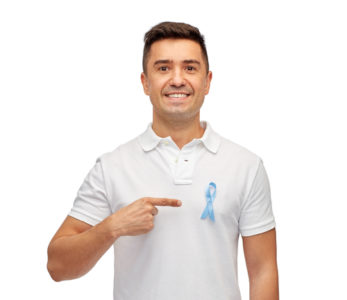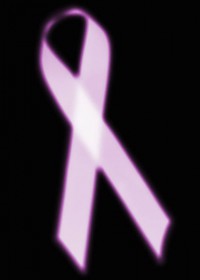
The healthcare community has long promoted early detection as one of the keys to successful cancer treatment. In the UK, where prostate cancer is the second most common cause of cancer death in men, experts are referring to the corresponding PSA test as a “blunt tool” that has no life-saving benefit.
The Merits and Drawbacks of PSA Testing
A PSA test measures a specific protein in the blood that increases when cancer cells are present. Any man over the age of 50 in the UK can currently request a PSA test from his general practitioner.
In response to a debate about whether or not the country’s National Health Service should institute a national prostate cancer screening program, Cancer Research UK funded a study to evaluate the effectiveness of PSA testing. Subjects included 400,000 men between the ages of 50 and 69.
Results showed that death rates among men in the group were identical, regardless of whether or not they received a PSA test. The screening failed to detect several cases of aggressive prostate cancer while causing unnecessary stress by flagging benign tumors.
Should Men Undergo Prostate Cancer Screening?
Dr. Emma Turner, a member of the research team, stated the need for more accurate testing that would facilitate early prostate cancer treatment. In the meantime, Heather Blake of Prostate Cancer UK suggests that men over 50 discuss the pros and cons with their GP before opting for a PSA test.
Immunotherapy for Prostate Cancer at Issels®
Men with prostate cancer are among the many patients who have achieved long-term remission after cancer treatment at Issels®. Contact us to learn more.




